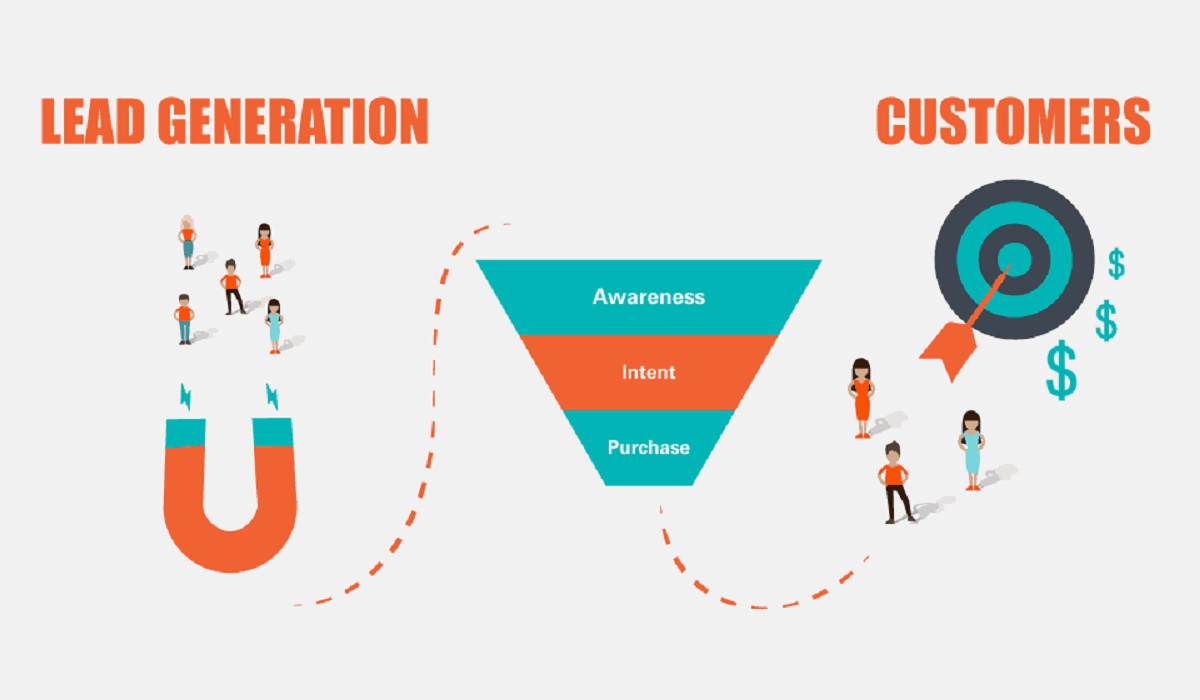Unlocking the Power of WhatsApp: How We Slash Lead Costs to Just Rs. 20 per Lead

Yes, we are not only Selling our WhatsApp Solution but are using it for ourselves to generate high-quality leads with some simple tricks.
Previously, we used to generate leads using other communication tools, and the Cost Per Lead was around Rs. 125 per lead. We were not comfortable or confident in using WhatsApp as a medium to generate leads, as we thought it would be risky and might result in our numbers being blocked.
However, after giving it some thought, we implemented a simple strategy that had the least risk of getting our numbers banned. And guess what? We succeeded, and now we are sending a few messages and generating high-quality leads.
The cost of our leads has come down to just Rs. 20 per lead.
Here's what we did to generate high-quality leads at such a low cost:
Being in the business, we are always chasing leads and conversions to generate revenue. When it comes to choosing channels, the first one that comes to mind is WhatsApp. On average, people spend around 2 hours a day on WhatsApp to communicate with their preferred contacts, including businesses. Many of us may have tried various strategies and concepts to run marketing campaigns on WhatsApp using the mobile app or other software that assists with bulk broadcasting. However, most of us end up with our numbers being blocked, and we start thinking that WhatsApp isn't a viable platform for marketing.
Did you know that many companies are successfully generating leads using WhatsApp without getting their numbers banned? How is that possible?
We have figured out the "technical reason" that 80% of people fail to understand and end up getting blocked.
As I mentioned before, people like to communicate with their preferred contacts and businesses, not just anyone and everyone. So, if you are sending WhatsApp messages to people who don't know you, you can't be on their preferred list. Consequently, you will be marked as spam and may end up getting banned by WhatsApp. WhatsApp also doesn't want its users' experience to be spoiled by marketers.
So, the question arises: whom should we send WhatsApp messages to?
We all have contact lists on our phones, which include our near ones, dear ones, people who have inquired before, and those who have interacted with us on WhatsApp previously. On average, our contact list ranges from 2000 to 10,000 contacts. If we have multiple salespeople in the organization, this number can multiply.
With WhatsApp, we should first tap into this internal goldmine of a database, which is easy to reach. You can strategize the content based on the audience and directly communicate with prospects or educate your contacts about your business to generate referral leads.
We used our own application, and each of our salespeople simply scheduled campaigns for internal leads and contacts, with a limit of only 200 messages per day.
On average, each salesperson generated 10 inquiries every day.
With a reach of just 6000 WhatsApp messages per month, we generated approximately 300 inquiries for two consecutive months, and we continue with the same strategy.
Of course, you have to get the content right for your target audience, but as far as the target audience is concerned, you can always continue to use your internal goldmine to generate business using WhatsApp as a channel.
Ready to unlock the potential of WhatsApp for your business? Contact our sales team today to learn more about our WhatsApp Solution and how it can transform your lead generation strategy. We're here to answer your questions, provide guidance, and help you get started on the path to more cost-effective and high-quality leads.
Don't wait – Contact Our Sales Team now and take the first step toward boosting your business with WhatsApp!